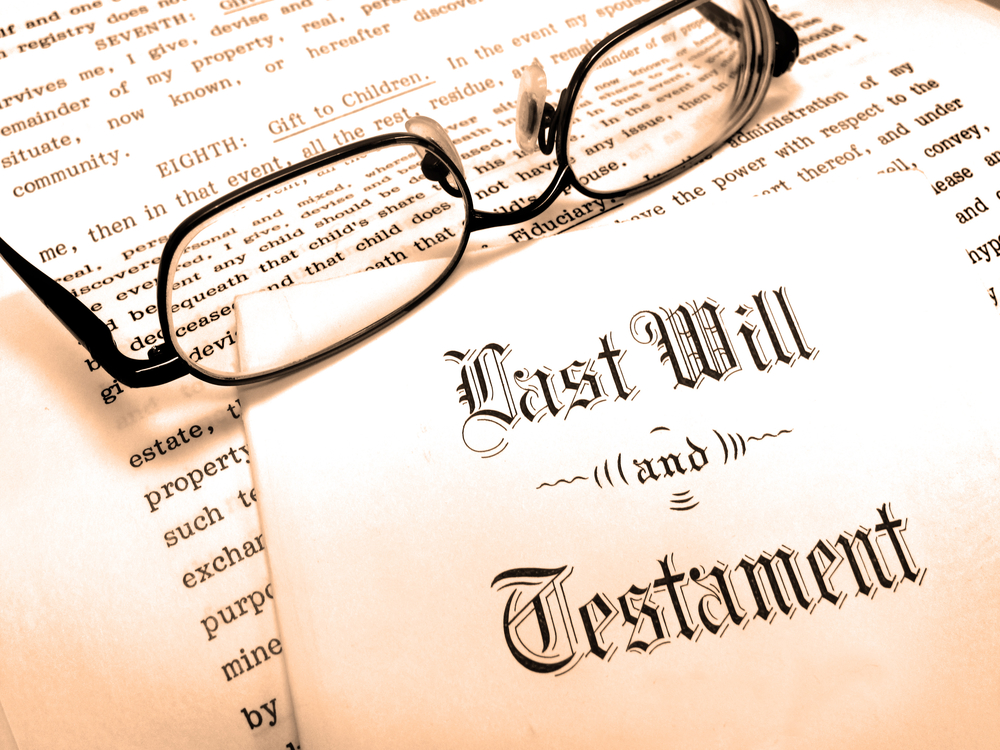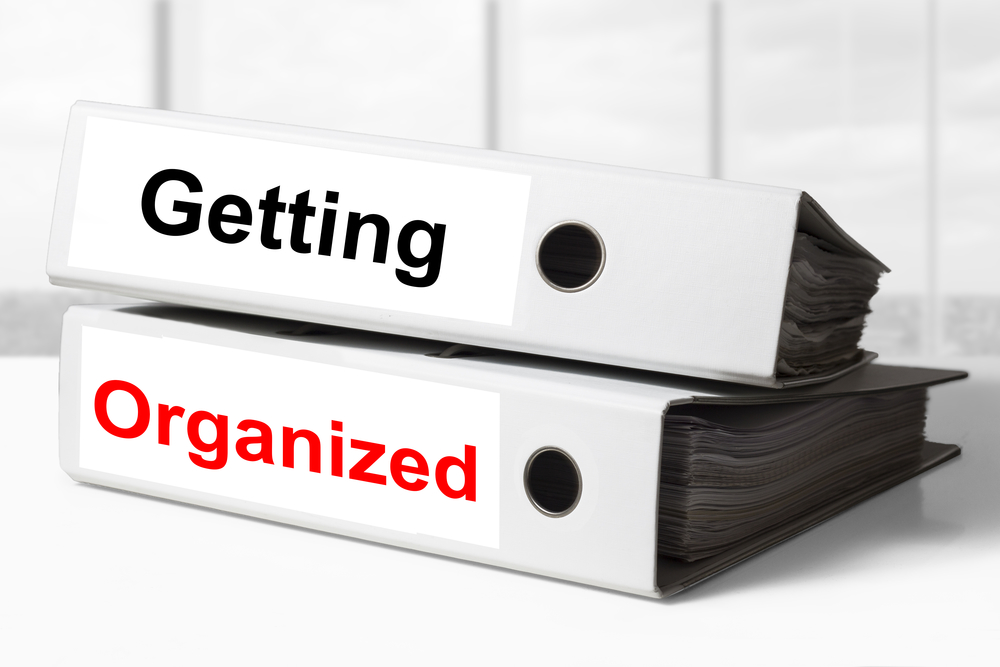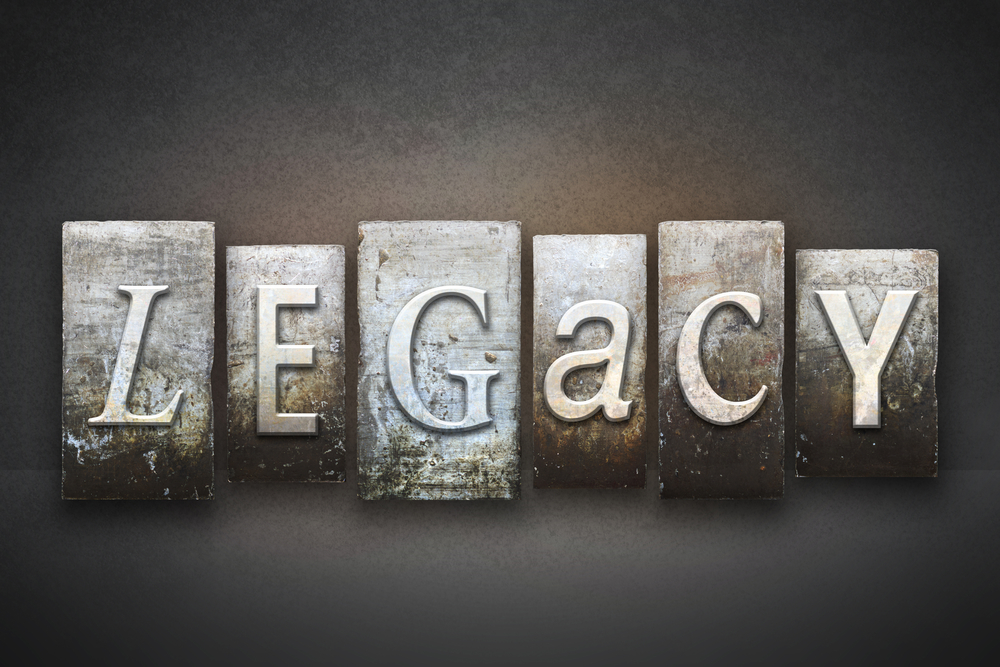Planning ahead for potential incapacitation, Medicaid use, and estate planning all feel inherently personal. In fact, they hit so close to home that plenty of people never even begin the process of estate planning.

But for those who do, the planning is often the first and last step they take. A study recently found that most heirs have no idea what their loved ones intend to do with assets. Among those who said they hadn’t told their family members about estate plans, 10 percent reported that it wasn’t anyone else’s business what they chose to do with their assets.
But holding your cards close to your chest like this could backfire in the heat of the moment. Various old copies of wills, verbal agreements to give a certain loved one a treasured piece of art, and sibling rivalry can all lead to additional confusion and even decimation of the assets you’ve worked so hard to build over your life.
In total, at least sixty-four percent of people stated in the study that they’d never talked with their family members about estate planning. Most of those respondents shared that their estates and assets would be divided equally among their heirs, whereas others used different criteria to decide who would get what.
Most families take the top-down approach, with the person who holds most of the assets being the sole decisionmaker when it comes to what happens to those items and the money. If you intend to keep your estate as private as possible, consider sharing your plans and key documents with your estate planning attorney so that someone in the know has access to this information during a crisis, such as if something happens to you unexpectedly. Talking to an attorney can provide you with further information on tools to use and how often to update your material.



















